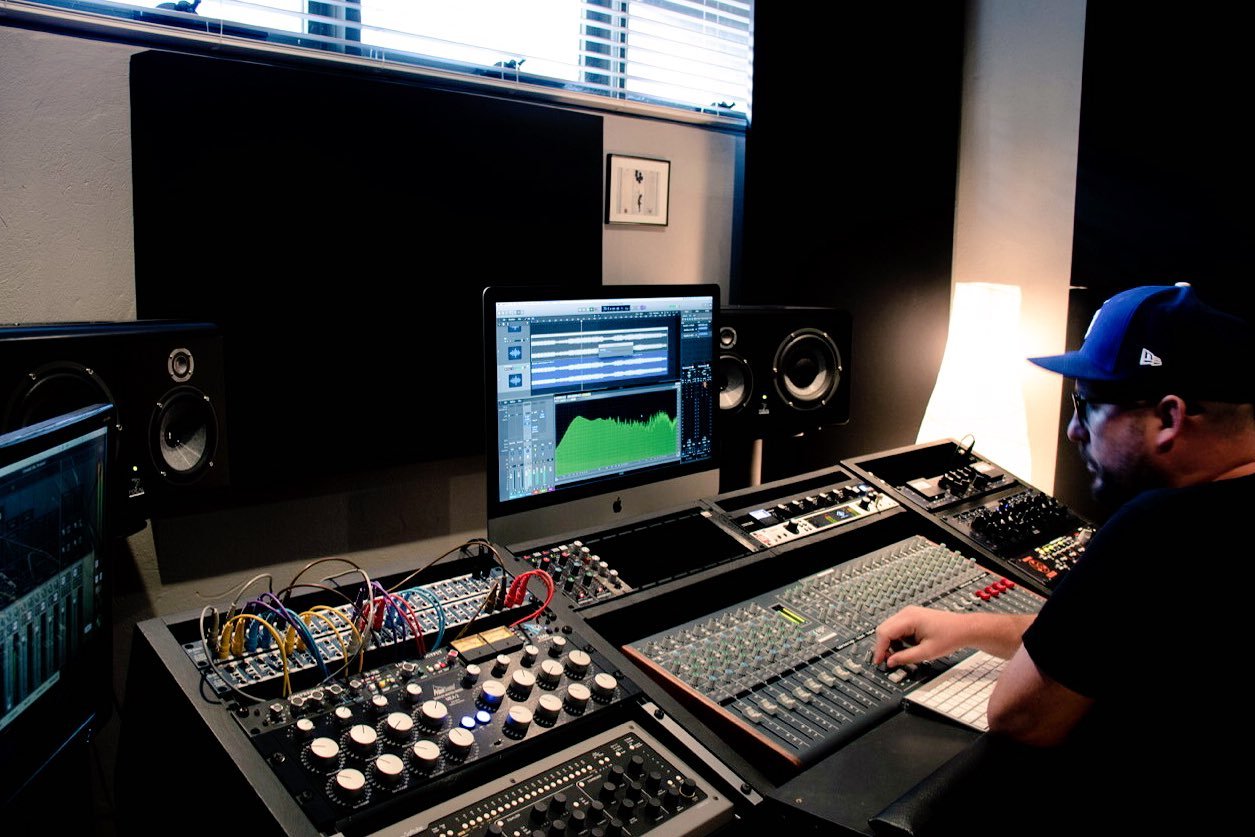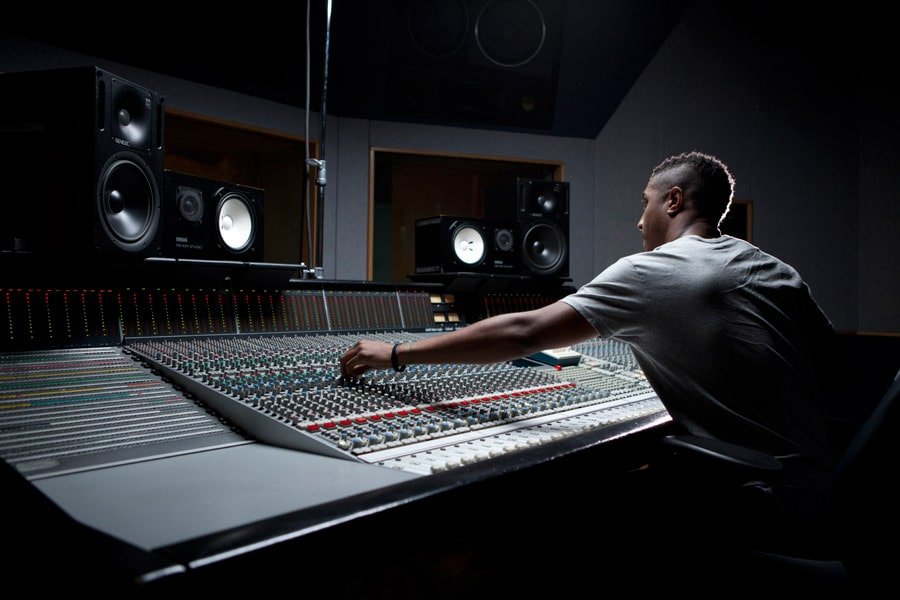Audio Mixing and Mastering
Audio Mixing and Mastering

Professional Mixing Techniques
We utilize industry-standard mixing techniques to ensure clarity, depth, and cohesion in your audio. From adjusting levels and panning to applying equalization and compression, we meticulously craft the sound to achieve a balanced and pleasing result.
Assessment and Consultation
We begin by assessing your audio files and discussing your project requirements. This includes understanding your goals, preferred sound, and any specific instructions you may have.We carefully edit and clean up the audio files, ensuring that they are ready for the mixing process. This may involve removing unwanted noise, aligning tracks, and making necessary adjustments.


Balancing and Equalization
We adjust the levels of individual tracks, ensuring that each element is well-balanced within the mix. We apply equalization to enhance the tonal qualities of each track and create a cohesive sound

Effects and Creative Processing
we can apply effects such as reverb, delay, modulation, and other creative processing to add character and enhance the sonic atmosphere of your audio.

Spatial Enhancement
We employ stereo imaging and panning techniques to create a sense of depth and space within the mix. This helps to position different elements within the stereo field, adding dimension and clarity.


State-of-the-Art Equipment and
Software
Software
Software
We utilize cutting-edge audio equipment and industry-standard software to achieve professional-grade results
- Collaborative Approach
- Editing and Preparation
- Dynamics Processing
Frequently Asked Questions(FAQ'S)
Audio mixing is the process of combining and manipulating multiple audio tracks to create a balanced and cohesive final mix. It involves adjusting levels, panning, equalization, dynamics processing, and adding effects to enhance the sound quality and overall listening experience.
Audio mixing is crucial as it brings out the best in each individual element of a recording, whether it's vocals, instruments, or other audio sources. It creates a well-balanced mix where all elements work together harmoniously, resulting in clarity, depth, and an enjoyable listening experience.
Mixing and mastering are two distinct stages in audio production. Mixing focuses on adjusting individual tracks and elements to create a cohesive mix, while mastering involves fine-tuning the entire mix and preparing it for distribution or release. Mastering typically includes overall equalization, compression, stereo enhancement, and final volume optimization.
It is generally recommended to provide high-quality uncompressed audio files for mixing, such as WAV or AIFF formats. These formats retain the highest audio fidelity and provide more flexibility for the mixing engineer to work with. Avoid using highly compressed formats like MP3, as they may result in a loss of audio quality.

